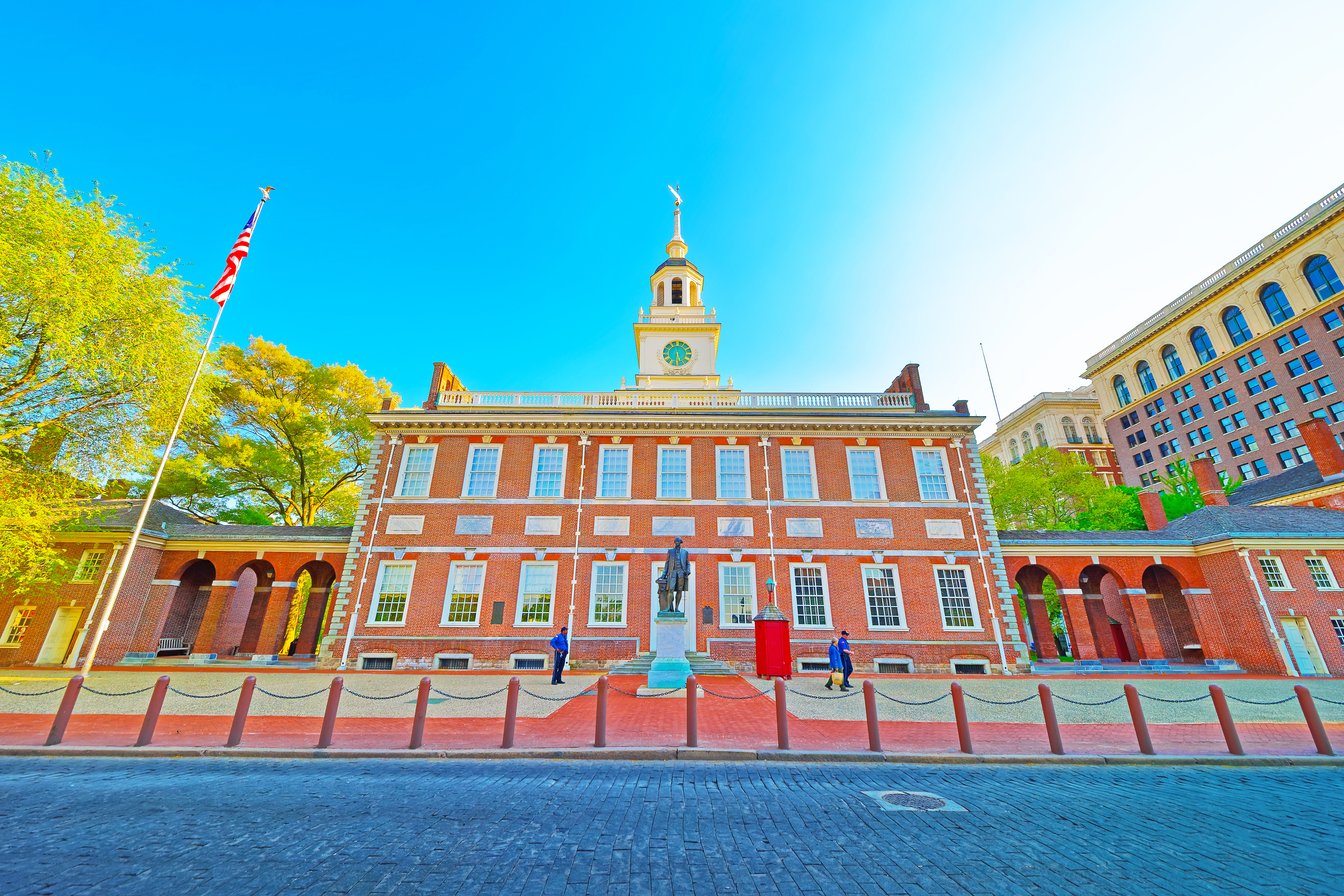Constitution Day 2021: An Inspiring and Incomplete Civil Justice System
 Constitution Day, September 17, commemorates that date in 1787 when the delegates to the Constitutional Convention signed the U.S. Constitution in Philadelphia. Clearly, this date and this holiday do not attract nearly as much attention as July 4, the holiday marking the signing of the other foundational document of the United States, the Declaration of Independence. That is somewhat lamentable, however, because all Americans should take the time to celebrate and reflect on the Constitution each year.
Constitution Day, September 17, commemorates that date in 1787 when the delegates to the Constitutional Convention signed the U.S. Constitution in Philadelphia. Clearly, this date and this holiday do not attract nearly as much attention as July 4, the holiday marking the signing of the other foundational document of the United States, the Declaration of Independence. That is somewhat lamentable, however, because all Americans should take the time to celebrate and reflect on the Constitution each year.
I say celebrate because the Constitution was remarkable when it was written, and has served as the basic architecture for our system of government, law, and individual liberty for over 200 years. Not only has it remained the steadfast backbone of our country’s system of government, it has influenced new and evolving democracies around the world.
I also say reflect on the Constitution because its flaws and shortcomings—not just its soaring achievements—have shaped our nation, too. We honor the Founding Fathers and all those who shaped our nation’s founding by trying to make “a more perfect union,” today and for the future.
All of this is equally true for our broader system of justice. Civil justice in the United States, created under the framework of the Constitution, is both inspiring and incomplete. It accomplishes things unimaginable in much of the world. But to this day, it leaves far too many behind. As IAALS’ founding executive director Rebecca Love Kourlis wrote in 2019:
“The rule of law is built on the notion that the laws treat every person equally, and it holds America up as a nation in which race, ethnicity, religion, gender, sexual orientation, and yes, even pocketbook do not affect the outcome of legal proceedings. But people do not believe that is true; hence, they distrust the legal system—and they distrust us, the lawyers and judges who populate it.”
Our research at IAALS orbits this reality. The US Justice Needs study found that nearly 70 percent of the population experienced at least one legal issue in the past four years, but only 49 percent of those problems have been completely resolved. And, 30 percent of people with a legal problem haven’t taken any action to solve it—and those with lower household income are less likely to take action. Likewise, our Public Trust and Confidence study revealed the myriad concerns people have about the fairness of the current civil legal process, including possible financial advantages, bias based on race and gender, and judges making emotionally or politically motivated decisions.
These are just some of the issues our civil justice system is facing. Every day, IAALS is looking for ways to make our system more accessible, fair, efficient, and accountable. We remain committed to working to make our system of justice fully worthy of the lofty aspirations of Constitution: one that’s independent, earns trust and confidence, and delivers on its promise of equal justice for all.
"There are several parts of this Constitution which I do not at present approve, but I am not sure I shall never approve them," Ben Franklin said to the other Constitutional Convention members. Yet, he would ultimately accept the Constitution, "because I expect no better and because I am not sure that it is not the best." We echo this sentiment at IAALS. Despite the challenges, we believe the American legal system is still the best approach—and we believe all of us share a responsibility to embrace its ideals, expand access, and improve delivery. IAALS is committed to restoring fairness, function and the public’s faith in a system that is central to our democracy.


